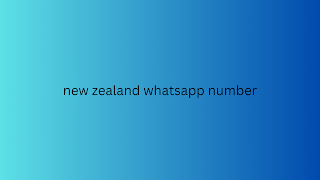Motivations
The three social enterprises appear not to be concerned with the principles of People, Planet and Profit at all. They run their company with the motivation to do something good for society. All decisions they make are based on this motivation. They find the 3 P's outdated and all give their own interpretation to social entrepreneurship. From B-corp certification to recognizing sustainable fishing communities in developing countries, to giving away solar lamps in refugee camps.
At Gispen this is more difficult, because the company is managed on profit targets. The willingness of the employees is great, but the growth of the social impact is limited by the profit targets.
A good story makes a difference. When you hear a good story, all sorts of things happen in your brain. You become emotionally involved in the story, which makes it easier to remember and retell the story. In addition, a story activates parts of your brain that ensure that you convert the story into your own ideas and experiences. This process is new zealand whatsapp number called neural coupling . When you tell your story, your audience experiences the same brain activities as you do. But how and where do you do this?

The story of Fish Tales
Bart van Olphen had a clear mission with Fish Tales: ' We love fish, care about the ocean and inspire you '. Bart travelled the world in search of fishermen who catch fish in a sustainable way and shared his travel reports on the Fish Tales website. Fish Tales' breakthrough came when Bart started the shortest cooking show in the world on Instagram. In 15-second videos, he gave tips on how to prepare fish. When Jamie Oliver indicated that he supported his mission, he asked Bart to produce content for his Food Tube channel . This made Bart a household name in one fell swoop.
In addition to successful videos, Fish Tales shares stories about sustainable fisheries and the tastiest recipes on their website, social media channels, in television broadcasts and in numerous acclaimed cookbooks. The cookbooks are translated worldwide. Almost every year a new cookbook is added. At the end of 2017, Bart published ' Het Zeeuwse Mossel kookboek' , in which he tells the story of the real Zeeland mussel farmers and shares surprising recipes.